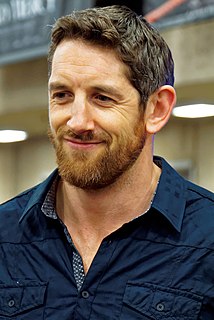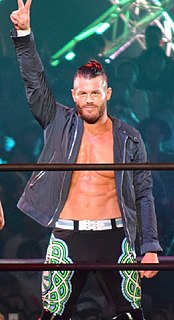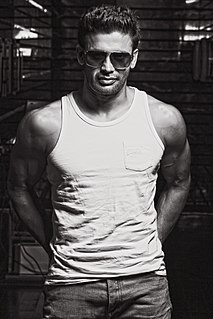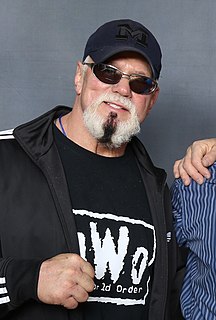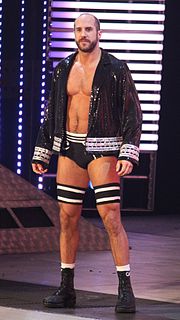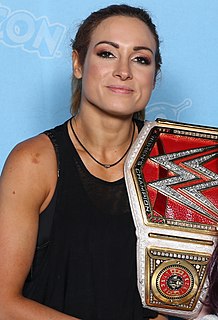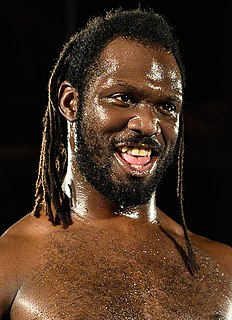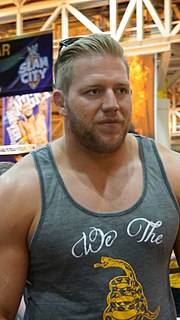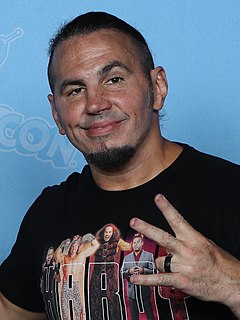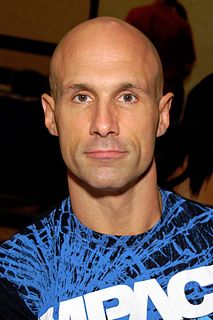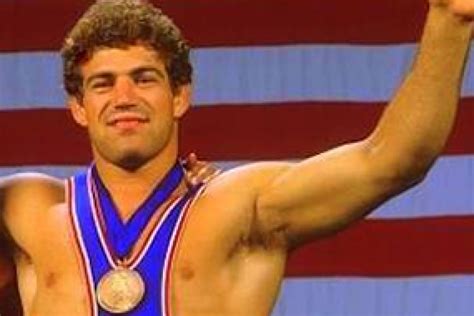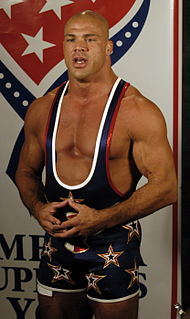A Quote by Wade Barrett
If you go back in time to the '60s, the '70s, probably the early '80s, British professional wrestling was the most respected region of professional wrestling on the planet, and somewhere along the way that got lost and wrestlers were forced to America or Japan or even Mexico to make a living.
Related Quotes
I was just lucky to be there ahead of the curve to be the driving force behind bringing this amazing style of wrestling from Japan that combined Lucha Libre, American professional wrestling, Canadian professional wrestling and Japanese wrestling all into one beautiful mix that fans worldwide absolutely can't get enough of.
